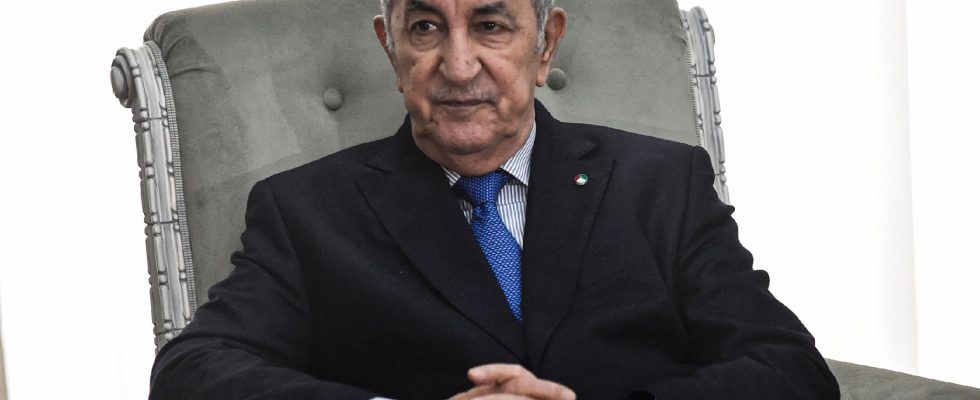To his great relief, there has not – yet – been any military intervention to drive out the Nigerien putschists. The President of Algeria, Abdelmadjid Tebboune, has publicly indicated that he “categorically” refuses this option, while the Economic Community of West African States (ECOWAS) has threatened to dislodge the authors of the overthrow of the president. Boom. In such a scenario, “the whole Sahel will be set ablaze”, worries the Algerian leader, assuring that “two countries [le Mali et le Burkina Faso, tenus par des juntes] are ready to go into battle [pour défendre le Niger]”.
Because more than anything, Algeria fears that chaos will settle in Niger, with which it shares a border of nearly a thousand kilometers. From the first hours of the putsch, she insisted that “the constitutional order” be respected and that Mohamed Bazoum return to his duties. A line that she continues to hold, without calling for it to be done by force. “Algeria remains faithful to its policy of non-interference in the internal affairs of neighboring countries,” said Dalia Ghanem, analyst at the European Union Institute for Security Studies.
President Tebboune particularly fears a Libyan-style scenario. “Algeria was opposed to the Western military intervention in Libya in 2011, recalls Hasni Abidi, director of the Center for Studies and Research on the Arab and Mediterranean World, in Geneva. She had anticipated that the fall of Gaddafi risked dispersing the considerable stock of weapons he had accumulated, leading to the return of fighters who were on Libyan soil and destabilizing the entire region, especially since the Sahelian borders are impossible to control.
“Algeria fears an upsurge in jihadist and criminal activities,” adds Dalia Ghanem. It is not certain that it can cope with it: its army is already mobilized on the border with Morocco, with which diplomatic relations have been officially broken since 2021. To this is added the risk of an explosion of flows of migrants passing through its territory to reach Europe: more than 20,000 people have already been deported to the Nigerien border post of Assamaka (In Guezzam on the Algerian side), in 2022, under conditions denounced by NGOs.
Determined to play a role in the subsequent events, President Tebboune asserts that “there will be no solution without” Algeria. Under his aegis, in 2015, the Algiers agreement had made it possible to calm relations between Bamako and the Tuareg rebellion in the North. “Algeria has always defended a local dialogue, mediation on its part would be a good thing, believes Hasni Abidi. The upcoming visit of President Tebboune to Paris could also allow France to refine its strategy in the Sahel.”
Still it would be necessary to get on with the new masters of Niamey. While the number one Algerian maintained good relations with Mohamed Bazoum, the coup also risks stopping the project – still in the making – of a trans-Saharan gas pipeline between Nigeria and Algeria, via Niger. For Algiers as for the other players in the region, the coup will reshuffle the cards. And not necessarily to their advantage.
